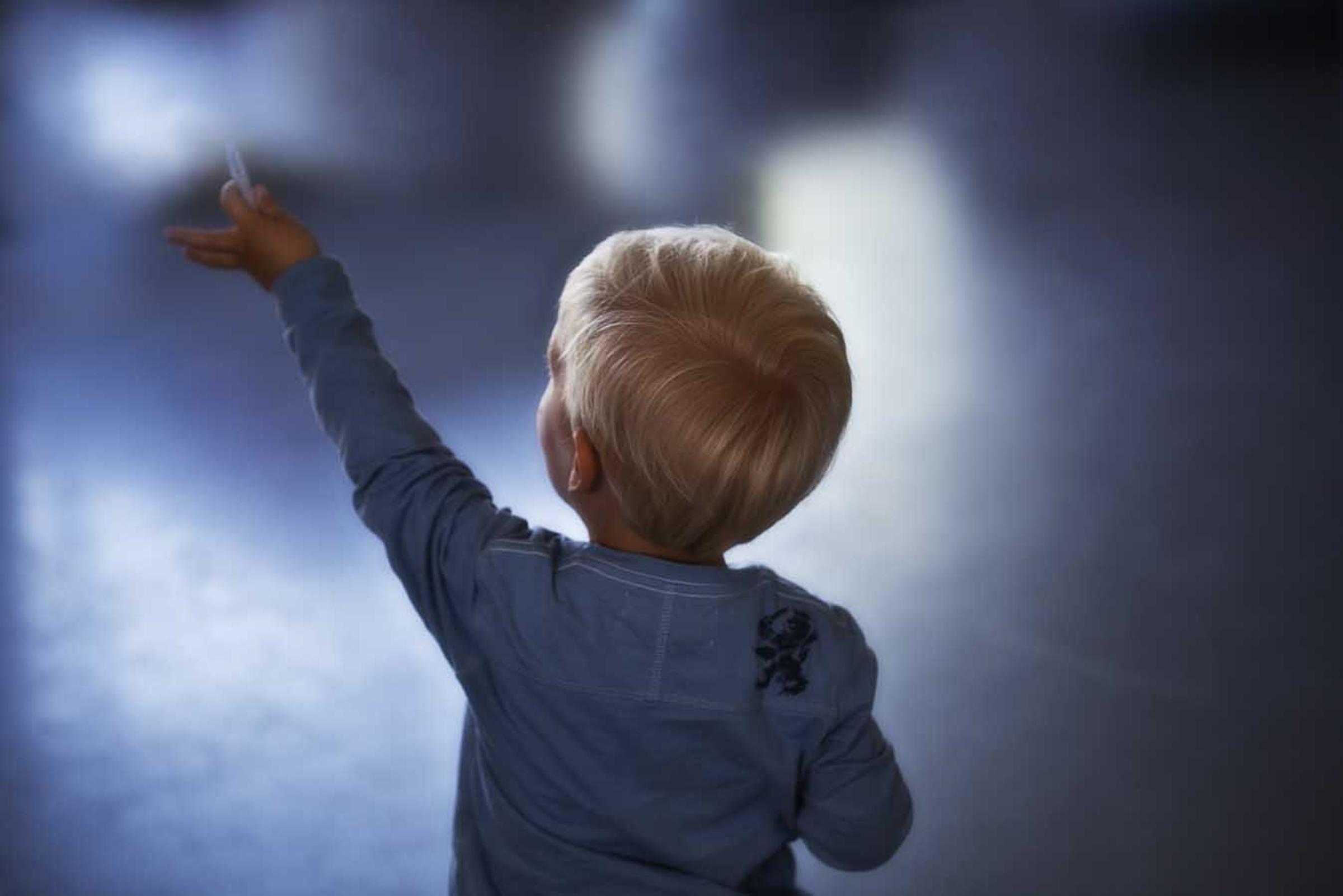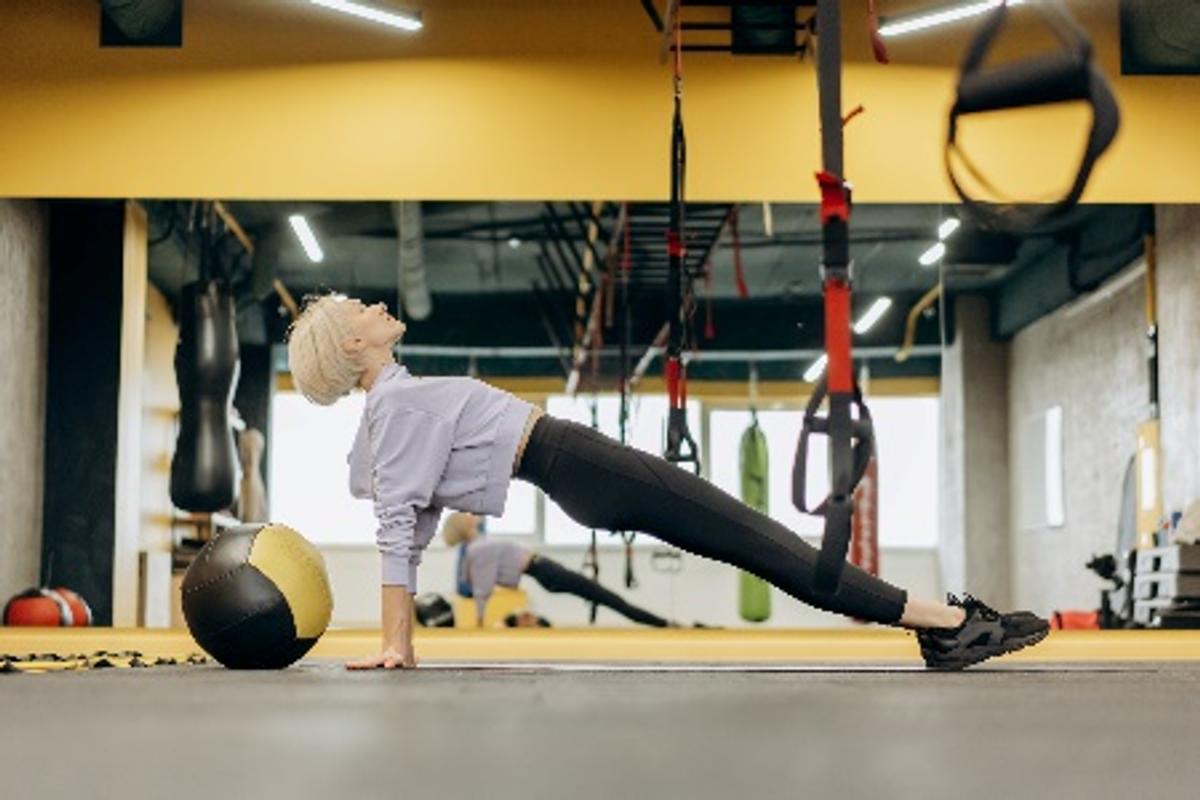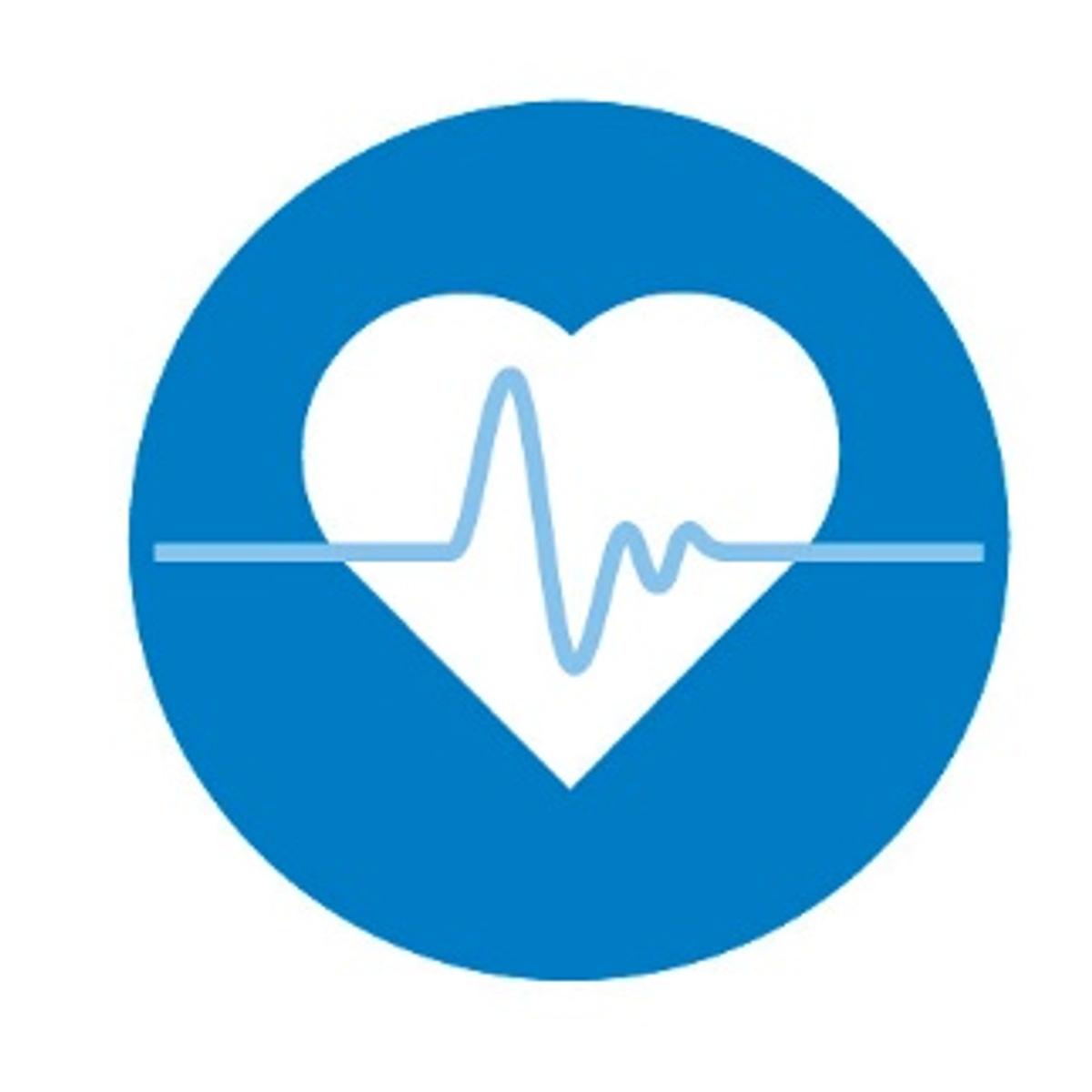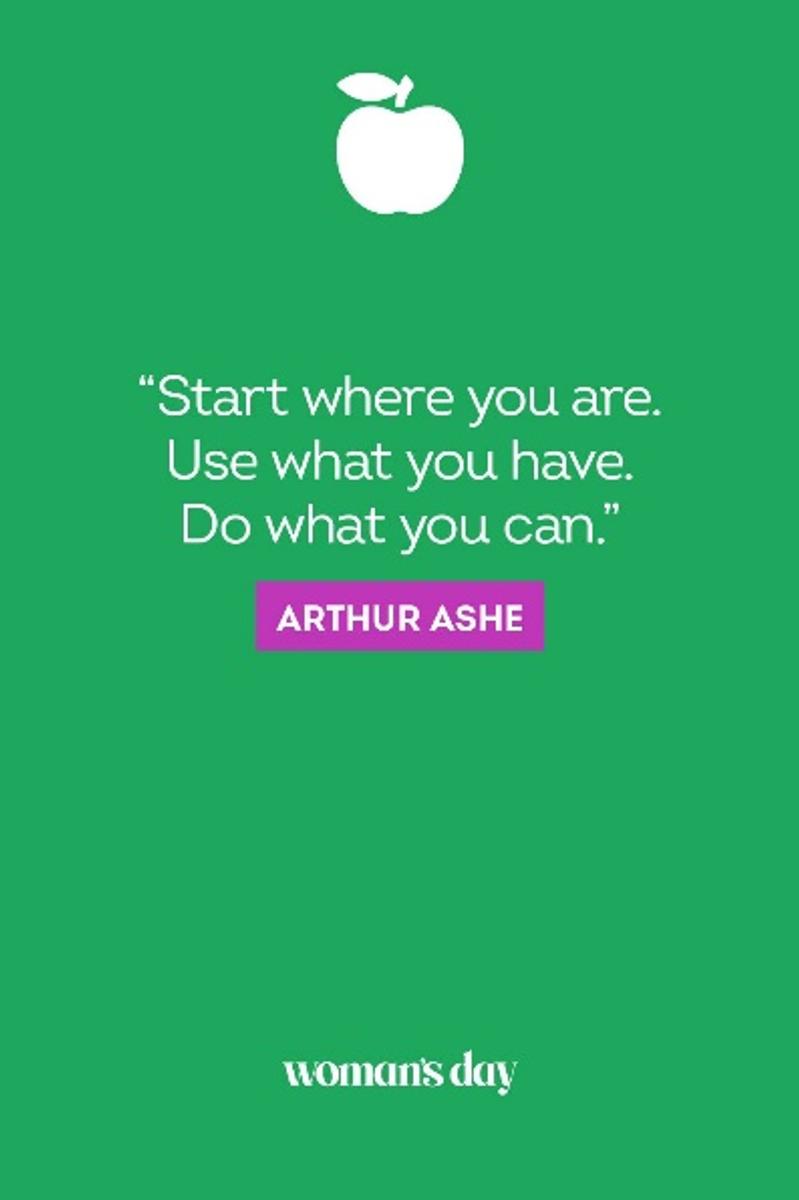Wellbeing

Coping with Covid or Fear of getting Covid
Many children and parents have a lot of fear and uncertainty in the current climate and all that is being heard in the media about getting Covid. The following information is taken from the Beyond Blue website and might be helpful to you.
“It’s not unusual if you’re more worried than ever about contracting COVID-19. Here’s how to manage your concerns.
According to research conducted in late 2021, the fear of catching COVID is at an all-time high among people in Australia. More of us than ever are saying we’re worried we’ll be infected sometime soon. These results don’t surprise Associate Professor Jill Newby, a clinical psychologist from UNSW and the Black Dog Institute, who led a study in early 2020 which explored our fear of contracting COVID just a few months after the pandemic started. “Over the past couple of years, we’ve been bombarded with information that makes us anxious about our own health and other people’s, so no, it doesn’t surprise me that people continue to feel worried,” she says.
Health anxiety and COVID-19
There’s even a name for it. Health anxiety is the experience of believing there may be a threat to your health, which triggers your anxiety response.
Given the easing of restrictions, the opening of borders and the emergence of newer, less-understood variants and it’s understandable that people may be experiencing health anxiety relating to contracting COVID-19.
“Suddenly we’re surrounded by more people and are perhaps going back into situations we might not feel comfortable with anymore, and that’s only likely to heighten those fears of becoming infected,” Newby says.
Different people will be concerned for different reasons. Some may have underlying health issues to consider, while others may worry about passing the virus onto a loved one who’s more likely to get sick. Newby says that even without those types of factors, it’s okay if you feel fearful.
Fear can occur regardless of genuine risk, too. “Our brains are notoriously bad at accurately perceiving risk and there’s a lot of different reasons for that, but just being surrounded by information, stories and images of people who are really sick with COVID can make it harder for us to see what the real risk is of that happening to us.”
How much fear is too much?
While feeling some fear and anxiety can be helpful because it encourages us to avoid risky situations, it can be unhelpful if it becomes overwhelming. “If your worry or anxiety feels like it’s really difficult to stop or to keep in perspective, that’s the first sign your fear or anxiety might be out of control,” Newby says. “The other thing is if you’re spending a lot of your time preoccupied with your worries or if it’s starting to affect other areas of your life. For example, if you’re struggling to sleep or you can’t concentrate at work because you’re so preoccupied with this worry. “And, finally, if you’re experiencing a persistently high level of distress, anxiety or fear, that’s another sign that your anxiety has become unhelpful.”
Ways to manage
Here, Newby offers seven tips to help you cope with your anxieties.
1. Look after your lifestyle.
“Simple lifestyle strategies like heading outdoors to exercise regularly and trying to get enough sleep each night can be really helpful when you’re feeling anxious.”
2. Maintain contact with others.
“Talking to people and seeking support from those you trust can be a great help, often because simply getting a different perspective on things can ease your worries."
3. Monitor your media habits.
Newby says it’s important to check-in and ask yourself whether the way you’re using media is helpful in terms of how you're feeling. “Staying up to date with every new COVID-related development might give some people some sense of control, which may be beneficial. But for others, actively seeking out information about COVID may only take them further down a rabbit hole, which increases those feelings of fear. It’s a matter of working out what works for you and what doesn’t as an individual and making choices and decisions based on that.”
4. Distract yourself.
If it feels like you can’t escape those constant reminders of COVID whenever you’re in public, Newby suggests making your house a COVID-free zone. “Actively engaging with something that distracts you or simply making a conscious effort not to talk about it when you’re at home can be really helpful."
5. Go at your own pace.
“Everybody will feel differently right now – some people will be ecstatic about getting ‘back to normal’ but others will need to take more time, particularly where there’s genuine fear of catching COVID involved, so don’t feel rushed. Take things at your own pace and slowly build your confidence, so you feel safe, rather than jumping back into everything because you feel pressured to."
6. Take action.
She also suggests seeking out information to learn how to manage anxiety. “There are so many great resources, including those on the Beyond Blue and Black Dog Institute websites. There’s also a range of digital mental health services that people can access at home, including some really useful and comprehensive online programs that have been shown to be effective for improving health anxiety. These can help you learn ways to manage those anxious thoughts and behaviours that are more unhelpful than helpful."
7. Reach out to support services.
If you’d like to talk to someone about what you’re feeling, contact Beyond Blue’s Coronavirus Mental Wellbeing Support Service. Trained counsellors are available 24/7 for a chat over the phone or online.”
Seasons for Growth
Seasons for Growth is a special program to help children cope and manage their feelings if they have experienced or are experiencing loss or change in their life. This could be the death of a family member or pet, separation or divorce of parents or changes that happen such as moving house or school, the birth of a new baby or dealing with a change such as the diagnosis of a condition in the family.
I am going to start with a Year 3 and 4 group then a Year 5 and 6 group in Term 2. The program runs for 8 weeks and each session goes for about 30 minutes once a week. I am a trained Seasons for Growth Companion through McKillop family services. If you think that your child would benefit from this program or you would like some more information, please contact me on rlenko@sfslynbrook.catholic.edu.au
BeYou is a resource for educators that promotes the mental health of all members of the school community, students, parents and teachers. At SFS, we are a BeYou school. We share some of the fact sheets in the newsletter that might help give parents helpful information about wellbeing issues and mental health. As educators we aren’t mental health professionals but we are here to provide general wellbeing support for students. There are lots of support service available to families if you have any concerns about your child’s wellbeing or mental health including headspace, ReachOut, Kids Helpline, Lifeline, Raising Children, 1800RESPECT, Mensline and Beyond Blue’s Coronavirus Mental Wellbeing Support Service.
The Resilience Project
The Resilience Project delivers emotionally engaging programs and provides evidence-based, practical strategies to build resilience. At SFS, we are proud to be in a 3rd year of partnership with the Resilience Project. The Digital Program consists of online presentations and lessons for students, professional development for staff, and a video series for our parent and carer community. In the newsletter, we’ll be sharing the Parent and Carer Program with you. The videos are 5-10 minutes long and will walk through the key pillars of resilience: Gratitude, Empathy and Mindfulness. You’ll hear stories and be introduced to activities to show how these strategies can support our kids learning and development, and also support you as parents and carers. This program is an important part of our school’s effort to look after the mental health of our community.
View the first presentation of the series here:
Part 1: Meet Martin and learn about The Resilience Project: https://theresilienceproject.com.au/parent-and-carer-hub/
Our focus for Term 1 is Gratitude.
Gratitude is being thankful and expressing appreciation for what one has – as opposed to focusing on the lack of something.
Research shows that practicing gratitude rewires our brains to overcome the negativity bias (which can lead to anxiety and depression) and see the world what we are thankful for. It is also shown to broaden thinking, and increase physical health through improved sleep and attitude to exercise.
Health and Wellbeing Check
It is important that we make wellbeing a priority especially after the stress the last 2 years have brought. Try building small mindfulness exercises into your daily routine. If you think of Mindfulness practice being as something important you do each day like brushing your teeth or your hair, it might be helpful. Mindfulness is about paying attention to the present moment without getting distracted by other worries that might be on your mind. Research has shown that practicing Mindfulness daily can help with better sleep and health patterns, improved concentration and productivity and can help create a sense of calm. It can be as simple as spending 1 minute at the end of the day where you sit quietly and focus on your breathing or there are lots of good Mindfulness Apps such as Smiling Mind and Omm that can guide you through the practice of Mindfulness.
If you have any wellbeing concerns about your children, please do not hesitate to contact me .
rlenko@sfslynbrook.catholic.edu.au
Rachel Lenko
Student Wellbeing Leader






